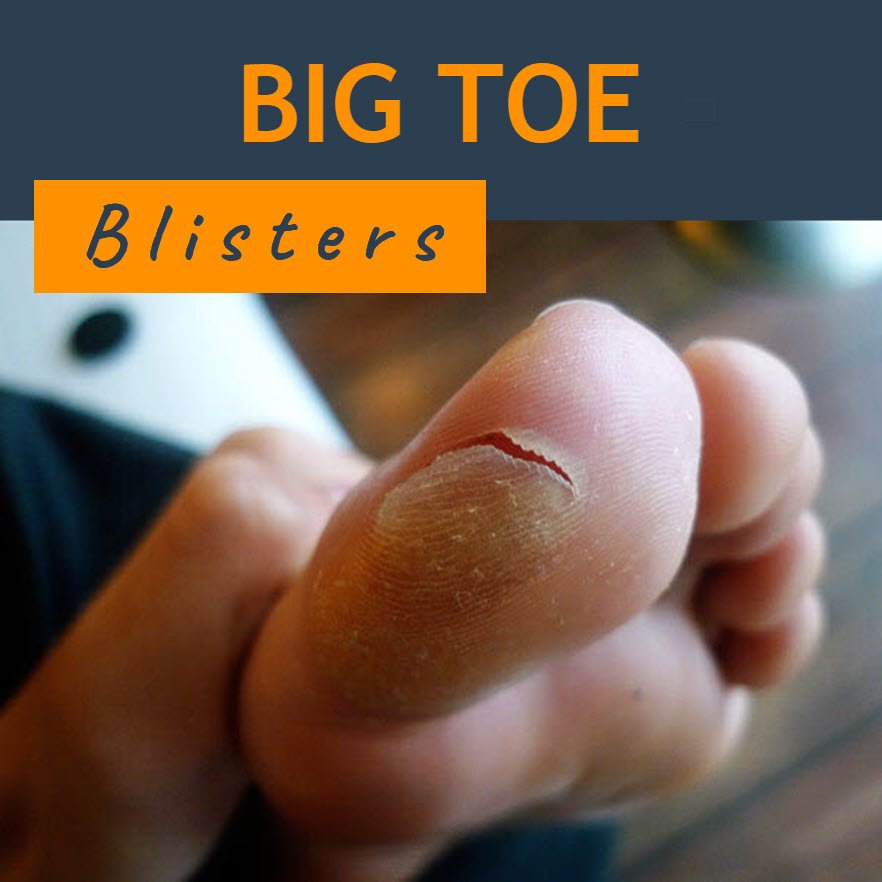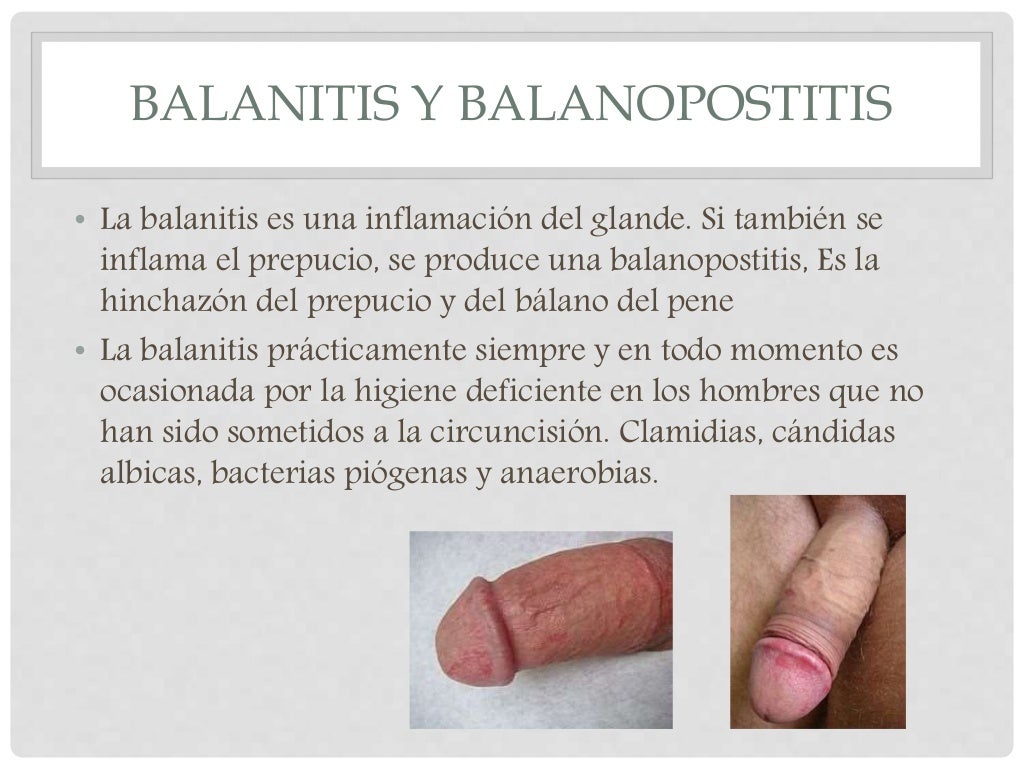How To Heal Red Blood Blister Mouth? Quick Remedies

Red blood blisters in the mouth, also known as hematomas or blood blisters, can be painful and unwelcome visitors. These blisters are essentially small pockets of blood that have leaked out of blood vessels and accumulated under the mucous membranes of the mouth. They can appear on the lips, tongue, roof of the mouth, or inside the cheeks, and their causes range from minor injuries (like biting your tongue or the inside of your cheek) to more serious health issues.
Healing these blisters involves managing pain, promoting the healing process, and treating any underlying cause. Here’s how to approach healing red blood blisters in the mouth with quick remedies:
Understanding the Cause
Before diving into remedies, it’s essential to understand the cause of the blister. Minor causes might include: - Biting the inside of your mouth - Eating something too hot - Accidental burns - Orthodontic appliances or dentures that fit poorly - Nutritional deficiencies (like lack of vitamin B12 or iron)
More serious causes could be related to oral health issues, medications, or systemic conditions. If the blister persists, changes color, or is accompanied by other symptoms like fever or difficulty swallowing, it’s crucial to consult a healthcare professional.
Quick Remedies for Healing
- Apply Ice: For new blisters, applying an ice cube wrapped in a cloth to the area for a few minutes can help reduce swelling and ease pain. Repeat this process a few times a day.
- Salt Water Rinse: Rinsing the mouth with warm salt water several times a day can help reduce swelling and fight infection. Mix 1 teaspoon of salt in 8 ounces of warm water.
- Topical Anesthetics: Over-the-counter gels or lozenges that contain benzocaine can provide temporary pain relief. However, always follow the instructions and consult a dentist if the pain persists.
- Soft Diet: Eating soft, cool foods can help avoid irritating the blister. Opt for yogurt, scrambled eggs, or mashed potatoes.
- Avoid Irritation: Try to avoid the cause of the blister. If it’s from biting your cheek, be more mindful of your teeth alignment when eating. If it’s from a dental appliance, consult your orthodontist or dentist.
- Good Oral Hygiene: Continue to practice good oral hygiene but gently around the blister to prevent infection.
- Stay Hydrated: Drinking plenty of water helps keep your mouth moist and aids in the healing process.
Natural Remedies
- Aloe Vera: Applying aloe vera gel to the blister can help soothe and heal it due to its anti-inflammatory properties.
- Tea Bags: A cooled, damp tea bag applied to the blister might help reduce pain and swelling. The tannins in tea can have anti-inflammatory effects.
- Vitamin E Oil: Gently applying vitamin E oil to the affected area can aid in healing and reduce the appearance of scars.
When to Seek Medical Attention
- If the blister doesn’t heal within a week or two.
- If you experience severe pain or difficulty eating and drinking.
- If you have a fever or swollen lymph nodes.
- If the blister oozes pus or has a foul odor.
- If you suspect an underlying condition that needs medical attention.
Prevention
Preventing red blood blisters in the mouth involves being mindful of your oral environment. Regular dental check-ups can help identify and correct any issues with dental appliances or oral health that might lead to blisters. Practicing good oral hygiene, avoiding hot foods, and being careful not to bite the inside of your mouth can also prevent these unwelcome visitors.
Healing red blood blisters in the mouth is often a matter of patience and good oral care. However, if you’re concerned about a blister or if it persists, don’t hesitate to reach out to a healthcare professional for advice.
How do I know if my mouth blister is serious?
+A blister is considered serious if it doesn’t heal within a couple of weeks, is extremely painful, or if you have other symptoms like fever or difficulty swallowing. It’s also a cause for concern if the blister changes color, grows in size, or begins to ooze pus.
Can I use home remedies for a mouth blister caused by a health condition?
+While home remedies can provide relief for symptoms, they might not address the underlying cause of the blister, especially if it’s related to a health condition. It’s best to consult a healthcare professional to diagnose and treat the root cause of the blister.
How can I prevent mouth blisters from happening in the future?
+Prevention involves regular dental check-ups, good oral hygiene, being mindful of what you eat (avoiding hot foods and sharp edges), and ensuring any dental appliances fit properly. Maintaining a balanced diet rich in vitamins and minerals, especially those that support skin and mucous membrane health, can also help prevent these blisters.

